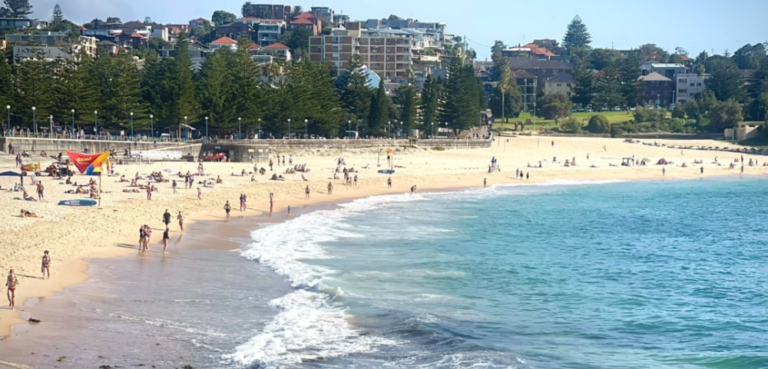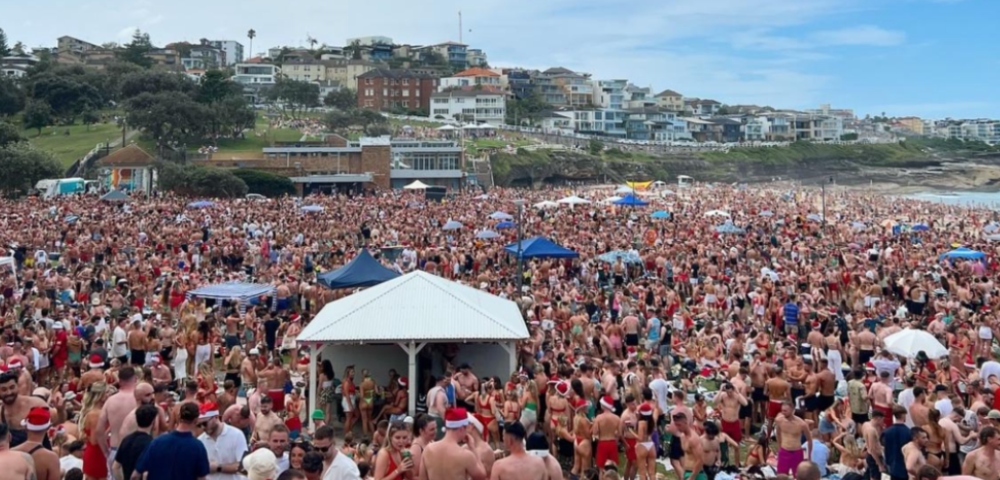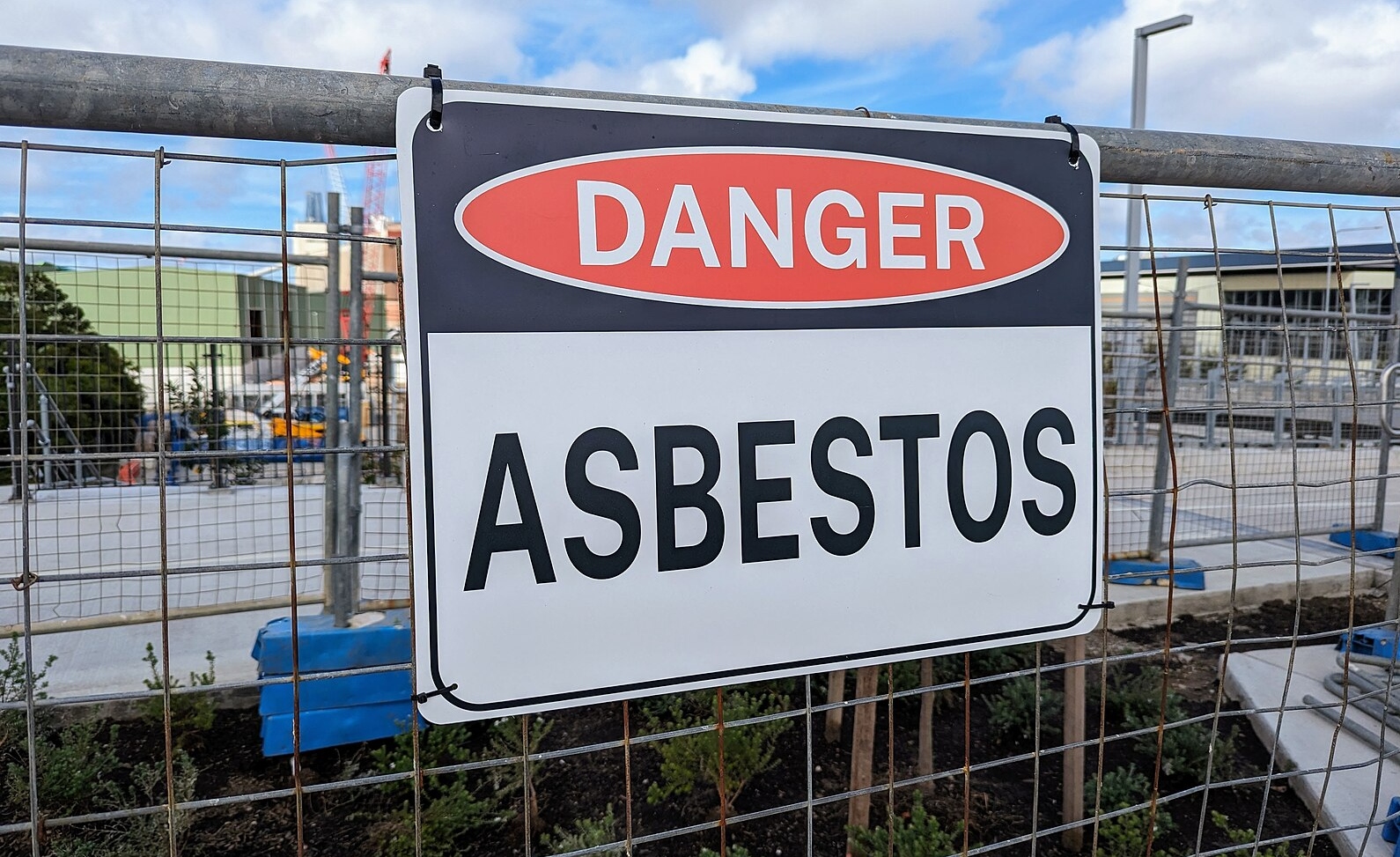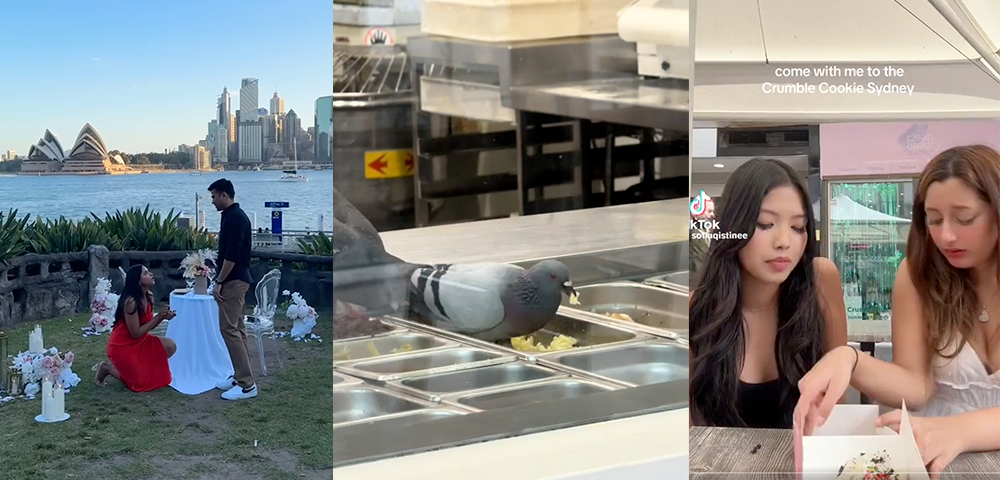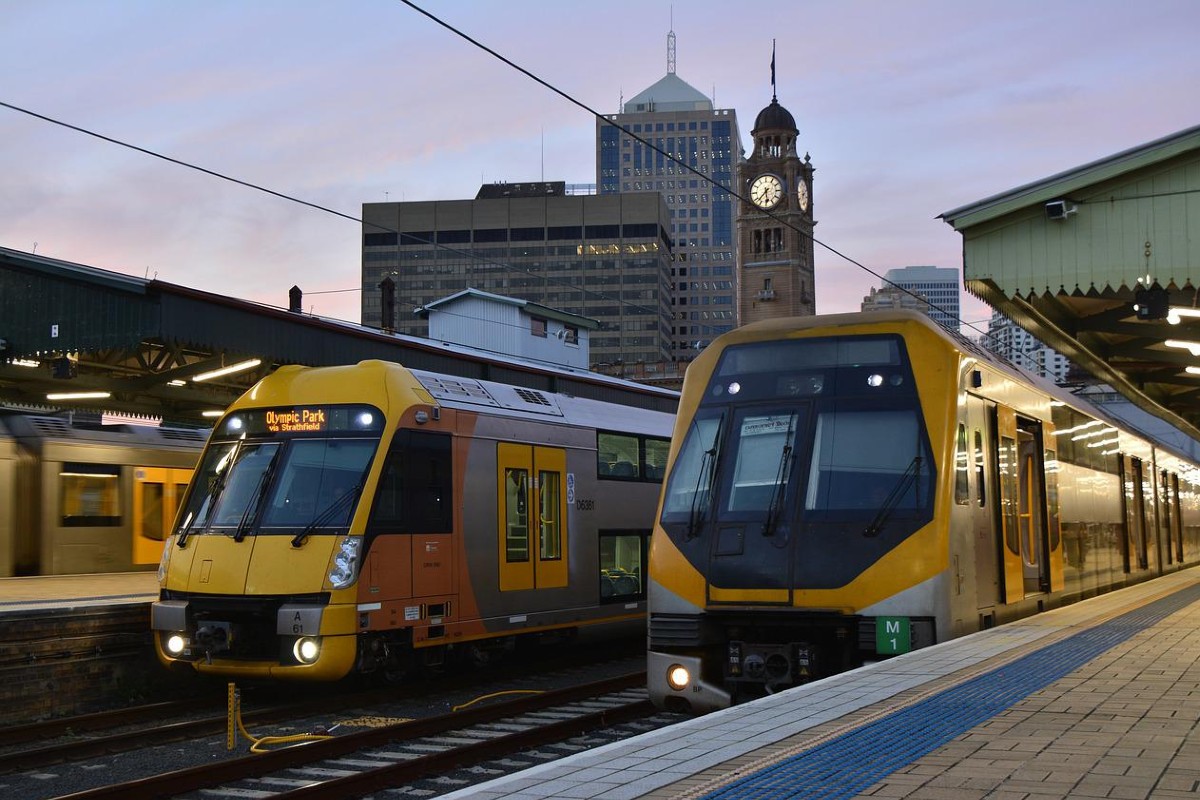
Sydney’s invisible tenants
They are the invisible tenants, squatting in abandoned houses all around the city, unknown to the landlords and real estate agents, living rent free.
Their crime is as harmless as creating a home from an unused buildings. Some resent them because they are getting something for nothing, others envy or admire them for the same reason.
It is a precarious existence, but also wild and exciting, with chunks of time freed from earning money to pay rent, but never knowing how long a home will last.
For some, squatting is an inherently radical act, to live as much as possible outside the capitalist system, refusing to give money to absentee landlords, and creating self-run communities. For others it is a lifestyle choice, freeing up cash to spend on alcohol, drugs, music or organic vegetables. Others don’t view squatting as a political or lifestyle choice, but do it from necessity, rather than face homelessness.
As rents across Sydney become increasingly unaffordable, more people are being forced to resort to squatting as the only solution to staying in the suburbs they love and call home.
Some squats last for days or a couple of months, but a group of squatters in the inner-west struck gold with a beautiful old terrace house they have called home for the past 16 months.
One of those squatters, who sits firmly on the radical end of illegal property occupation, spoke to the City Hub under the pseudonym of Overt. (Names have been changed to protect the guilty).
Overt started squatting two and a half years ago after his household was evicted from a rental property to make way for a new development. His old home is still standing empty and unused.
“The reality of paying market rental would have put me into a state of housing crisis as it would have meant the majority of my income going towards a place to live, let alone feeding myself and clothing myself in order to maintain my employment,” Overt said.
Like his housemates, he is not bothered by the fact that they are living illegally, and is not particularly interested in challenging laws around squatting.
“I think the crime is that people are being asked to pay this much rent and that private property protects the wants of an individual above the needs of a greater community with force and guns while this fallacy of law protects the interests of those who can afford a lawyer,” Overt said.
“Changing a few laws here and there isn’t going to solve the problem that we live in a capitalist society. If we want to improve our situation we need to self-organise and mobilise from below, to take care of ourselves and our diverse communities beyond the divisions of wealth.”
What makes radical squatters different from others trying to put a roof over their heads while still have some money left to eat, is that they often try to make their home a community space, a hub for organising.
“The space that I inhabit I view not just as my own but as a space that is available for other people if they are in housing crisis, a space for meeting and communicating, to create things, but also as a space to have room for myself to rest in this hectic city,” Overt said.
Sydney saw a resurgence in radical squatters in the lead up to the 2000 Olympics when activists and artists occupied buildings at Broadway to create a social centre with an art gallery, cafe for dumpstered foods and the space for an occasional free party.
A group of students who squatted an unused Sydney Council building in Redfern last year have faced six evictions in the past seven months, yet they still don’t give up. While they are now scattered across the city, some of them have found a sweet beachside location.
One of them, Ash, a sustainable energy engineering student loves each opportunity to fix up a place and plant a garden. He has also spent thousands on solar panels, something he would not have been able to afford if he was paying market rent.
He says it’s easy to find an empty building to squat but the challenge is not getting thrown out.
“There are lots of empty buildings and though they are in various states of disrepair, they could easily be fixed up, were it not for the fact that people will inevitably come and hassle you for staying in a building that will often remain empty for months if not years after they have moved you,” Ash says.
BY LIZ CUSH


